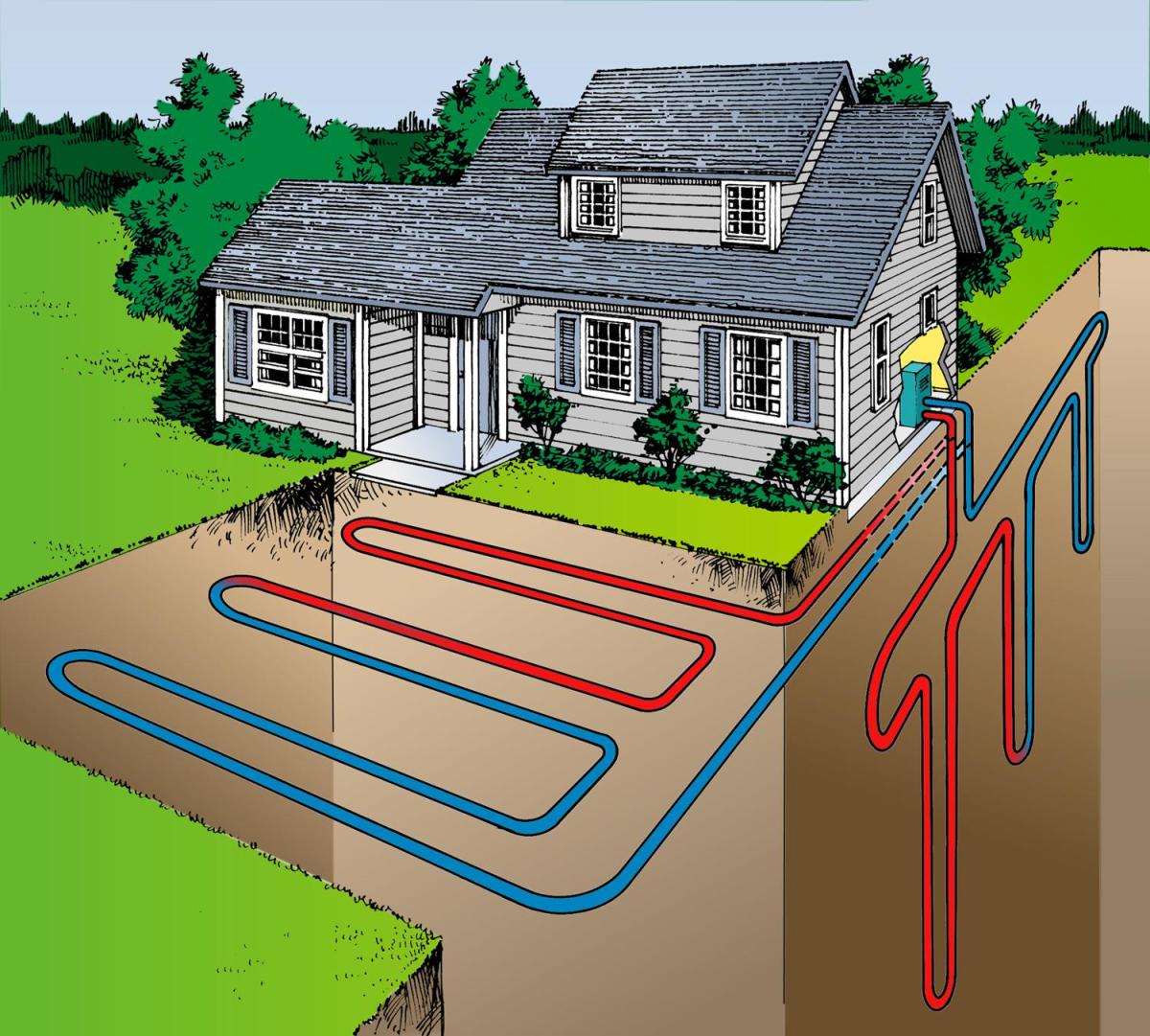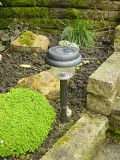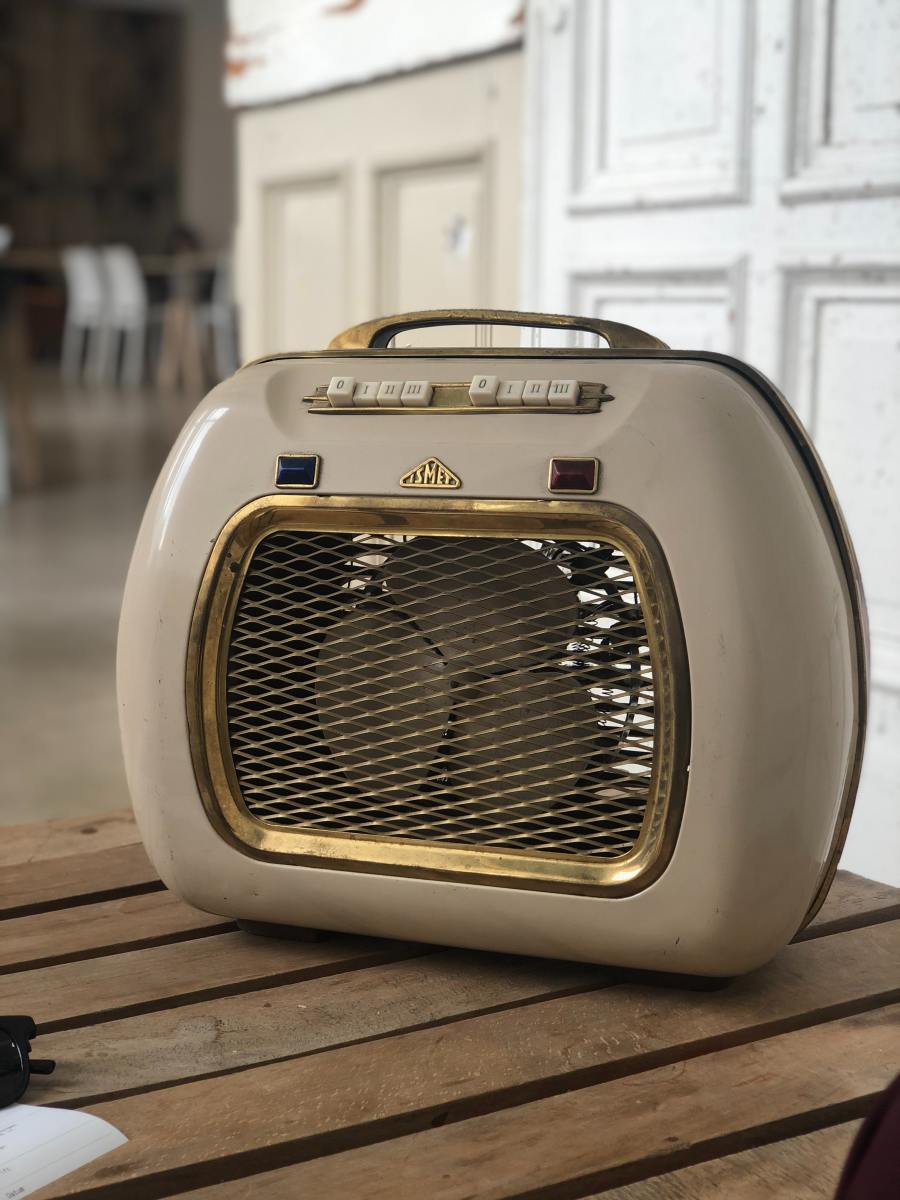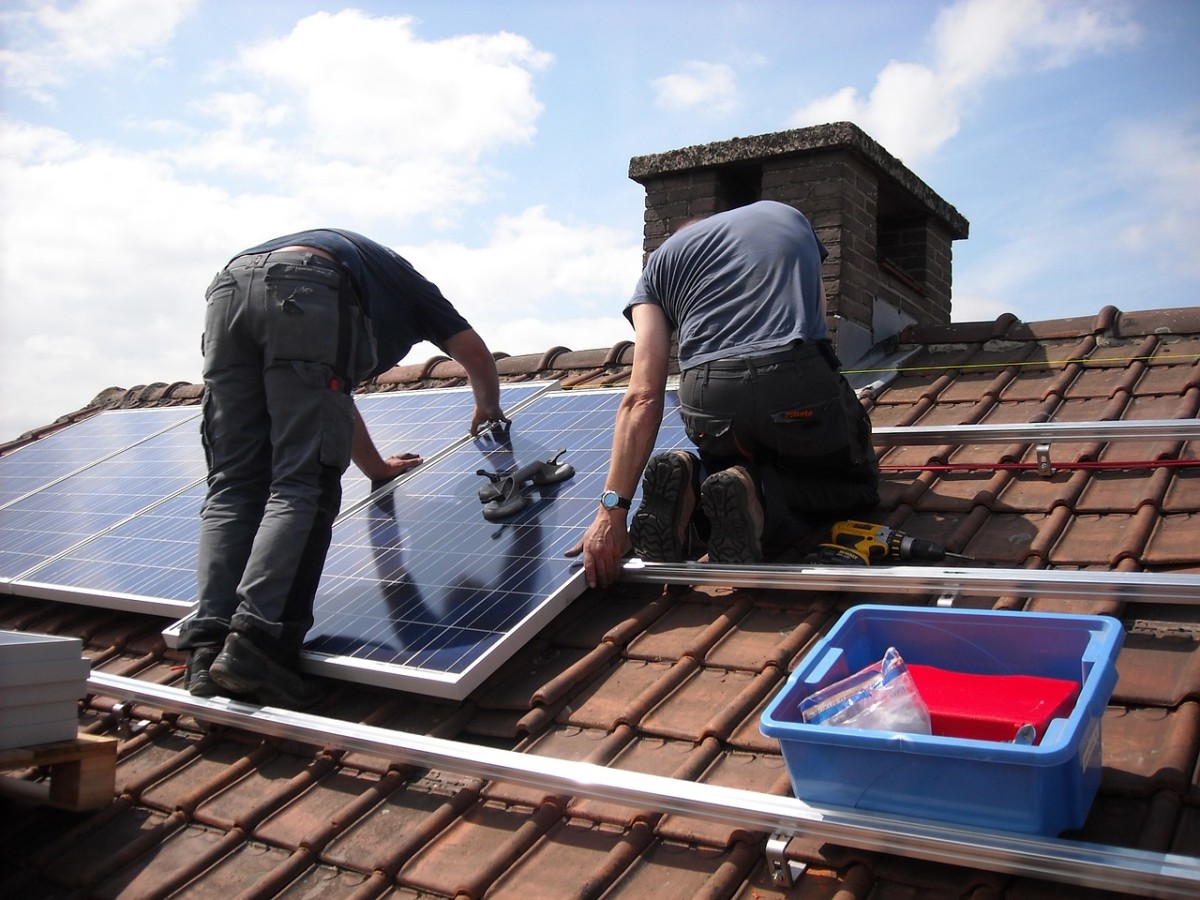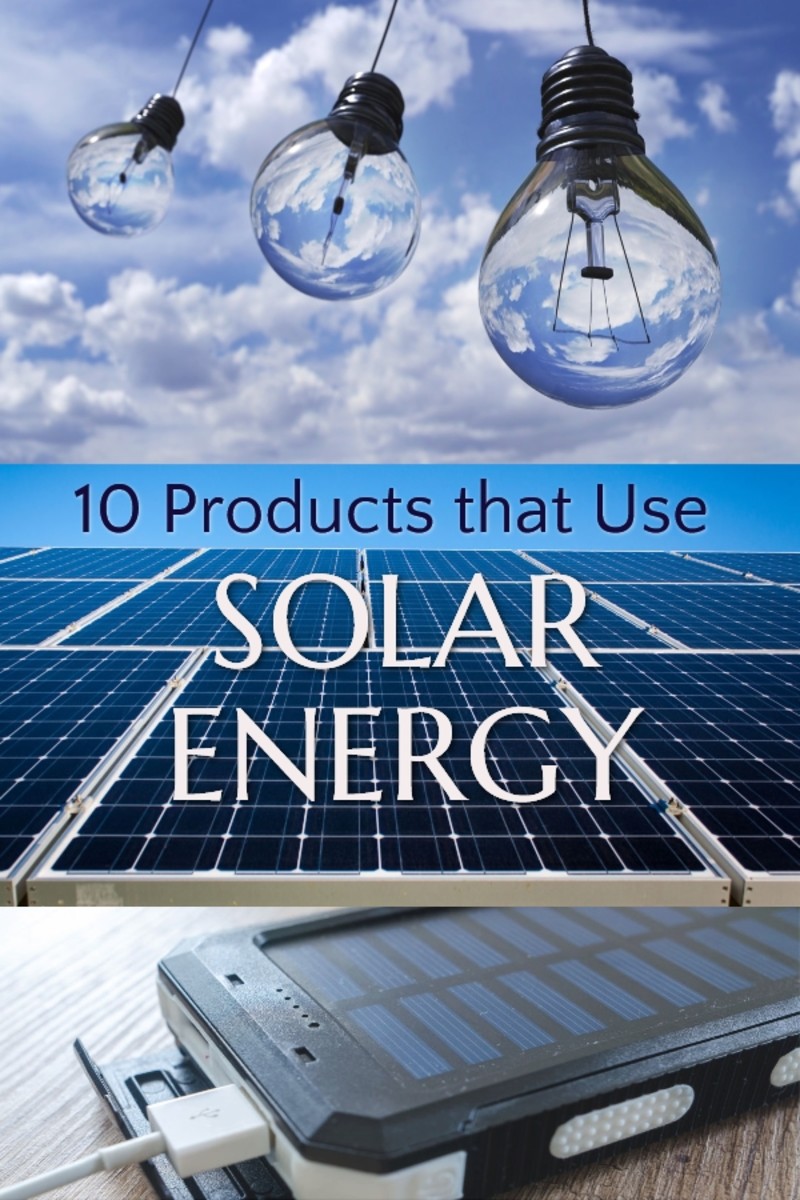Residential solar power systems - how to heat water in your home using alternative solar energy
Introduction
Recent improvements in the design of solar hot water technology has made it a much more interesting and affordable option for those who want to reduce both their heating bills, hot water bills and carbon footprint.
It is no longer necessary to live in the Caribbean or in Africa to install an economic solar hot water system.
For example, throughout the UK, with modern solar hot water systems it is economical and cheaper over a number of years to use a solar hot water heater than a conventional one powered by electricity or by gas.
This article explains how solar energy can be used to heat water in your home, and sets out the main types of residential solar power systems available.
It also provides diagrams and videos for those main types of system, and a guide to working out whether it is worh it financially to install solar powered water heaters.
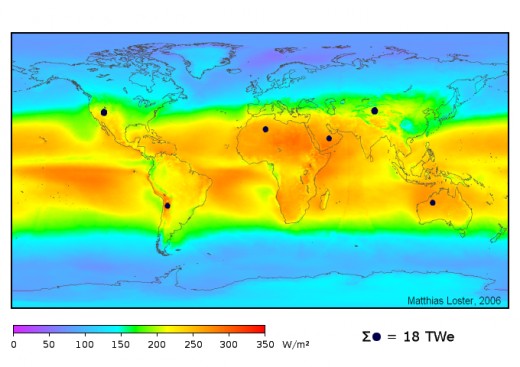
How residential solar power systems work to heat water in your home
A solar hot water installation in a residential building usually consists of solar panels to collect the sun’s energy, and a system to move the heat from the solar collector to a tank where it can be used.
Solar panels are usually put on the roof of a building because that enables the most energy to be collected by the panels.
A solar thermal collector which collects the sunlight in order the heat the water is a much more simple type of technology than panels which collect sunlight in order to generate electricity.
Many solar hot water systems in most of the world will need a back-up energy source, particular in winter when sunlight is uncommon and the days are short.
Solar hot water systems use both direct and defused sunlight, so the sunlight doesn’t need to be shining directly on your collector at all times in order to heat your water.
Different types of solar power water heaters
There are two main types of solar hot water residential systems.
The first is a compact or passive system, and is simpler to install and more basic in design (and therefore cheaper) but is less efficient in collecting the sun's energy and does not cope well with cold weather.
The second is an active system, which is more expensive, more complicated, but more efficient and better able to cope with freezing conditions

Passive solar powered water heaters
In a passive system, there is no external energy input such as electricity to pump water around.
The first type of passive system is an integral collector. In this type the water tank is both the storage place for hot water and the place that collects the sunlight to heat it.
It is in effect a large water tank on the roof of a house where the water inside it is heated by sunshine.
They are not particularly suitable in climates without good and constant sunshine or in places where it can get cold. They are simpler and cheaper to run than other systems, but are less efficient.
In a Thermosyphon, the water tank is installed higher than the collector for the solar energy. Warm water rises after being heated, and cold water sinks back into the collecting panels.
Again, this is not a great system unless you live in a very hot place and there are risks if the temperature drops below freezing.
In addition, if it gets really cold at night even if not freezing, the process can go into reverse and water flows from the tank into the solar panels.
It is again, a cheap and reliable solution so long as you live in a reliably sunshiny place.

Active solar powered water heating systems
Active systems pump and control the hot water, and do generally use electricity to do so.
This slightly reduces energy saving and carbon footprint saving, but the systems are generally far more efficient and better able to cope with cold weather.
In active systems, the tank is inside the building and water is pumped from the solar energy collection panels to the tank as it heats up.
Many of these systems are a closed loop, which means that they use a heat exchange.
This means that the solar panel system and the fluid in it is sealed, and the water in the tank is not heated directly by the sunshine but the heat is transferred from the fluid heated by the sun into the water in the tank.
This has advantages, as antifreeze can be put in the closed loop, and there is less of a risk of limescale and other gunk building up in the closed loop system as the fluid is not continuously replaced.
- An Indian village full of solar cookers
An interesting blog article about a village in Andhra Pradesh, India, which uses only solar energy for cooking and heating.
- Renewable Energy UK
This article gives an overview of the the UK renewable energy industry.
How to tell how efficient a particular solar energy water heater is
Solar Energy Factor (SEF) is defined as the amount of energy released by a system divided by the energy put into the system to run it, electricity or gas.
The higher the number the more energy efficient the system is, and energy factors of at least 2 or 3 should be looked for.
There are also Solar Fraction (SF) ratings. The Solar Fraction is the proportion of the total conventional hot water heating load (delivered energy in tanks standby losses).
The higher the Solar Fraction the greater the solar energy contribution to your water heating, and the less other energy is needed in back-up water heaters.
You should be looking for 0.5 to 0.75 solar factor when choosing a heater.
Back-up systems for solar powered water heaters
If you buy a residential solar power system for heating water, you must be prepared for times when there will not be enough sunshine to heat the water properly.
It is generally the case that they either use your existing home system as back-up for when the weather is not suitable, or include an immersion switch on the solar tank, or have a type of combination boiler which heats hot water on demand when the water heated by solar energy is too cool.
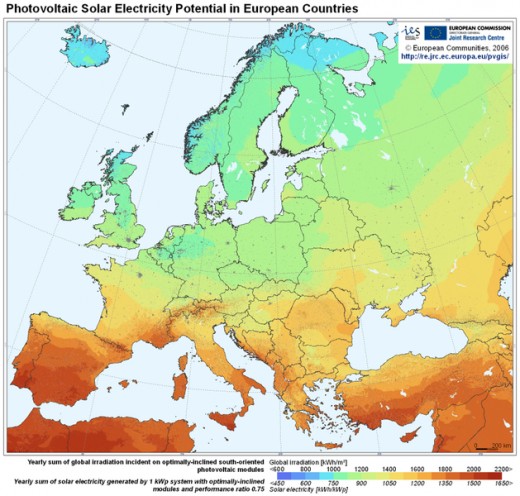
Working out whether it is economical to use solar energy
In many western countries, there are significant tax breaks and incentives for installing green types of energy.
When considering the cost of installing a residential solar energy system, you should check out and include in your calculations any tax you can reclaim or subsidies which are applied by local or national government.
In order to work out how much of your hot water can be generated in your specific house, taking into account where the panels could be located, you will need to get a quote of the estimated energy which could be generated from a particular system on your house per year.
Obviously these estimates can’t be exact, as it depends on the sunshine. Solar energy providers in the UK tend to give a range of plus or minus 20%.
This will give you an idea of whether it’s economically worthwhile to do it.

